The world of beauty and wellness is full of well-meaning advice, but unfortunately, not all of it is based on fact. Some myths are so pervasive that they’re almost universally accepted, even though they don’t hold up under scrutiny. It’s important to separate fact from fiction to ensure that you’re making the best choices for your health and well-being. Here are 13 popular beauty and wellness myths that make zero sense.
1. Shaving Makes Hair Grow Back Thicker

One of the most common beauty myths is that shaving hair causes it to grow back thicker or coarser. According to Merck Manuals, shaving doesn’t affect the structure or growth rate of your hair. When you shave, the hair is cut at an angle, which can make it feel more stubbly when it grows back, but it’s not any thicker. Hair thickness is determined by genetics and hormones, not by shaving.
Shaving simply removes hair from the surface, and it doesn’t alter its growth pattern in any way. So, no need to worry that shaving your legs or underarms will lead to thicker, more noticeable hair. This myth has been debunked by dermatologists for years, yet it remains one of the most persistent beauty misconceptions
2. Drinking Water Clears Up Acne

While staying hydrated is important for overall health, the idea that drinking water alone can clear up acne is oversimplified. Acne is caused by a variety of factors, including hormonal changes, bacteria, and excess oil production, none of which can be solved by water consumption alone. According to GoodRx, drinking water is great for maintaining skin health, but it won’t directly treat acne or eliminate breakouts.
To truly address acne, a comprehensive skincare routine that includes proper cleansing, topical treatments, and sometimes medication is needed. So while drinking plenty of water is good for your skin, don’t rely on it as your sole solution for acne management. Healthy skin requires more than just hydration—it needs the right care and attention.
3. You Can Shrink Your Pores
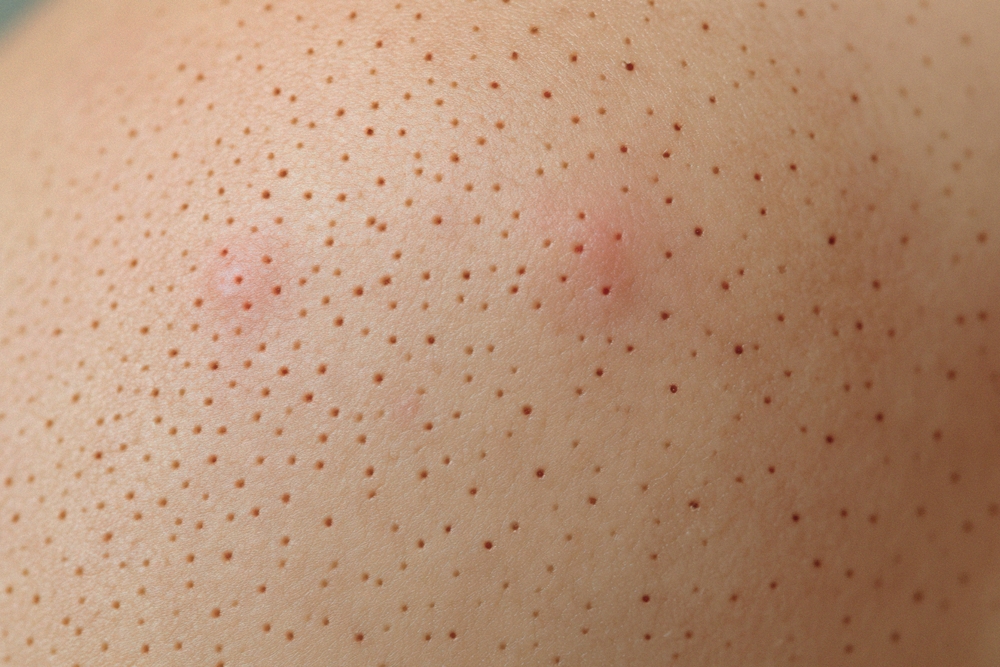
The idea of shrinking pores is a common beauty myth, but unfortunately, it’s not possible. According to Business Insider, pores don’t shrink or grow—they’re fixed in size and are influenced by factors like genetics and skin health. Pore size can appear smaller when you cleanse and exfoliate properly, as buildup and debris in pores can make them look enlarged. However, you can’t physically shrink them, no matter what products you use.
What you can do is minimize their appearance. Regular exfoliation, using non-comedogenic products, and keeping your skin clean can make pores appear smaller and clearer. But at the end of the day, pore size is largely determined by genetics, and no product can truly change that.
4. Natural Ingredients Are Always Better for Your Skin
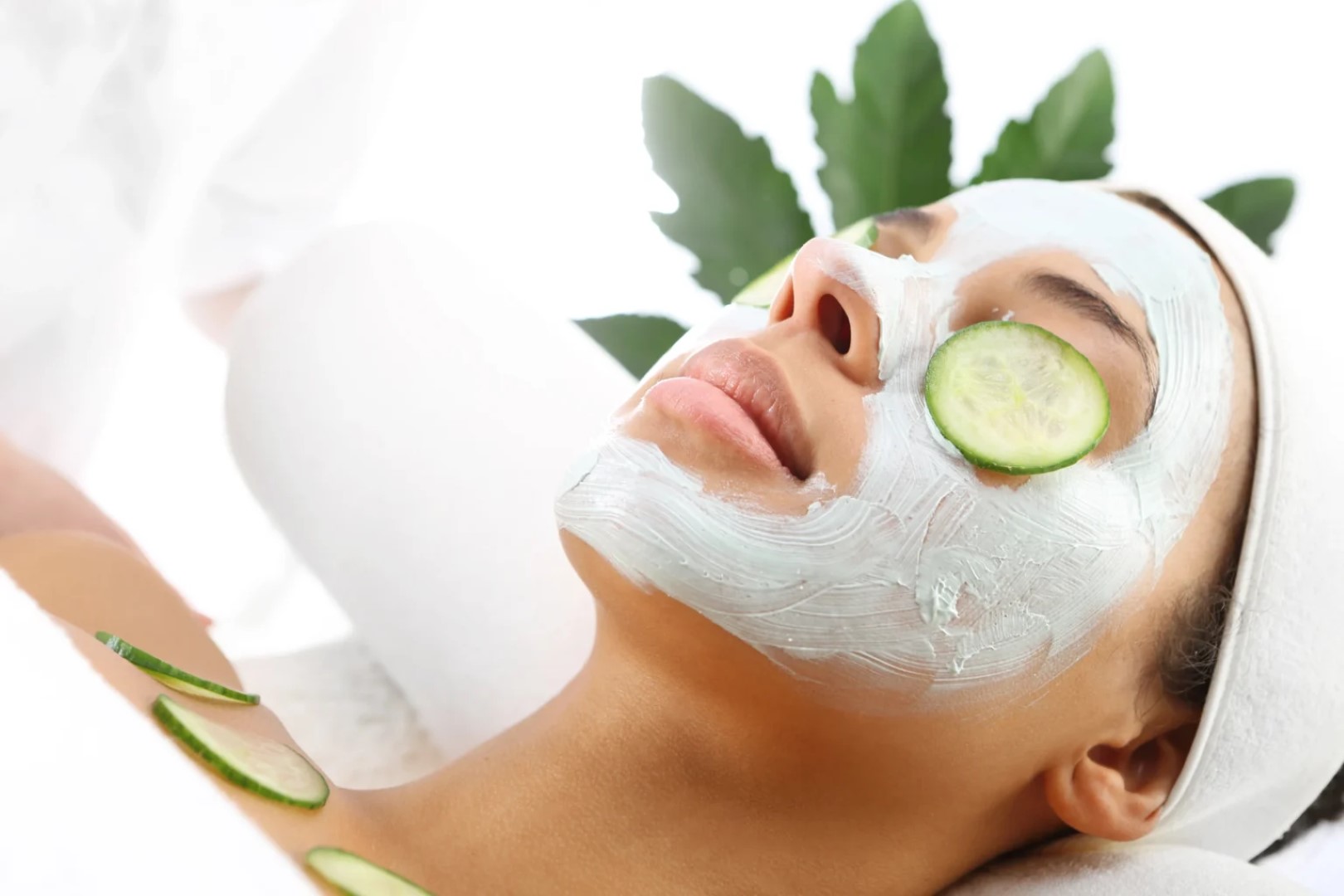
It’s a common belief that natural ingredients are always safer and more effective for skincare, but that’s not necessarily true. According to Dp Derm, synthetic ingredients in skincare products can be more beneficial than natural ingredients due to their stability and consistency. Just because something is natural doesn’t mean it’s better or more gentle on the skin. For example, some natural ingredients can be irritating or cause allergic reactions, especially for those with sensitive skin. Essential oils, for example, can be potent and sometimes irritate if not used properly.
On the other hand, many synthetic ingredients in skincare products are formulated to be safe and effective for specific concerns. The key is to choose products that are suitable for your skin type, whether they contain natural or synthetic ingredients. The effectiveness of skincare products doesn’t depend on whether they’re natural or not—it’s about what works best for your skin.
5. Sunscreen Isn’t Necessary on Cloudy Days

Many people think that sunscreen is only necessary on sunny days, but that couldn’t be further from the truth. UV rays can penetrate clouds, meaning your skin is still at risk for sun damage, even when it’s overcast. Up to 80% of UV rays can reach your skin on cloudy days, putting you at risk for premature aging and skin cancer.
To protect your skin year-round, it’s important to apply sunscreen every day, regardless of the weather. Daily sun protection helps prevent wrinkles, dark spots, and skin cancer, so don’t skip it just because it’s not a sunny day. Make sunscreen a regular part of your skincare routine to keep your skin healthy and safe.
6. Expensive Skincare Products Are Always More Effective
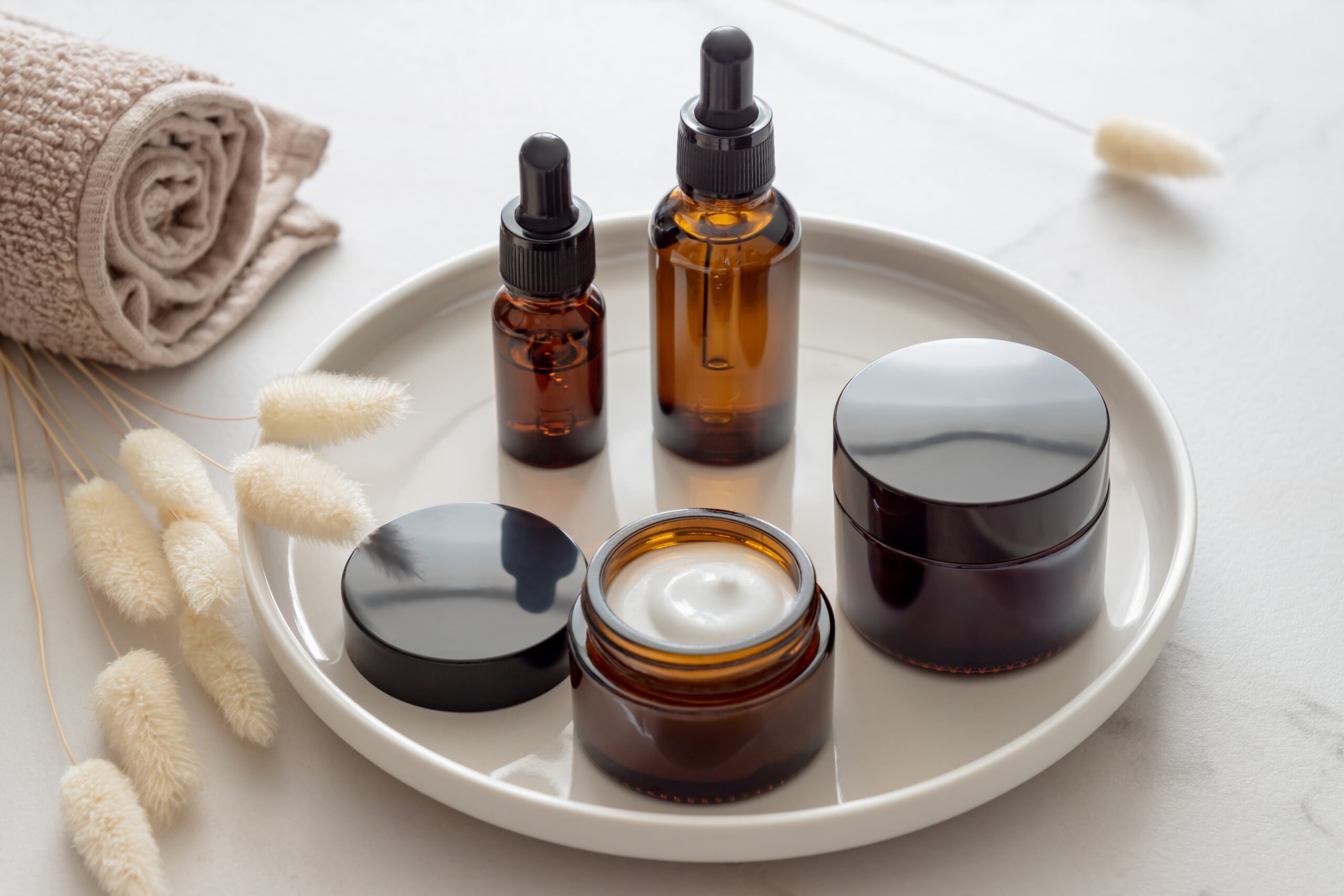
While high-end skincare products may be packaged beautifully and come with hefty price tags, that doesn’t necessarily mean they’re more effective. Many expensive skincare brands rely on luxury packaging and marketing, while their formulations might not be significantly better than drugstore options. Some budget-friendly brands offer products with similar or even superior ingredients.
The effectiveness of skincare products largely depends on the ingredients and how well they suit your skin type. Sometimes, a simple, affordable product can be just as effective—if not more so—than a high-end alternative. Don’t be fooled into thinking that spending more money automatically means better results. Focus on the ingredients that address your specific skin needs, not just the price tag.
7. Eating Chocolate Causes Acne

Another widely held belief is that eating chocolate leads to acne, but there’s no direct connection between the two. Acne is typically caused by factors like hormones, oil production, and bacteria—not chocolate. While some people may experience breakouts after eating sugary or greasy foods, there’s no scientific evidence linking chocolate specifically to acne outbreaks.
That said, eating a balanced diet is important for overall skin health. A diet high in processed foods, sugar, and dairy may contribute to breakouts in some individuals, but it’s not just chocolate that’s the culprit. If you notice that certain foods seem to trigger your acne, it’s worth tracking your diet and discussing it with a dermatologist to pinpoint the issue.
8. You Need to Wash Your Hair Every Day
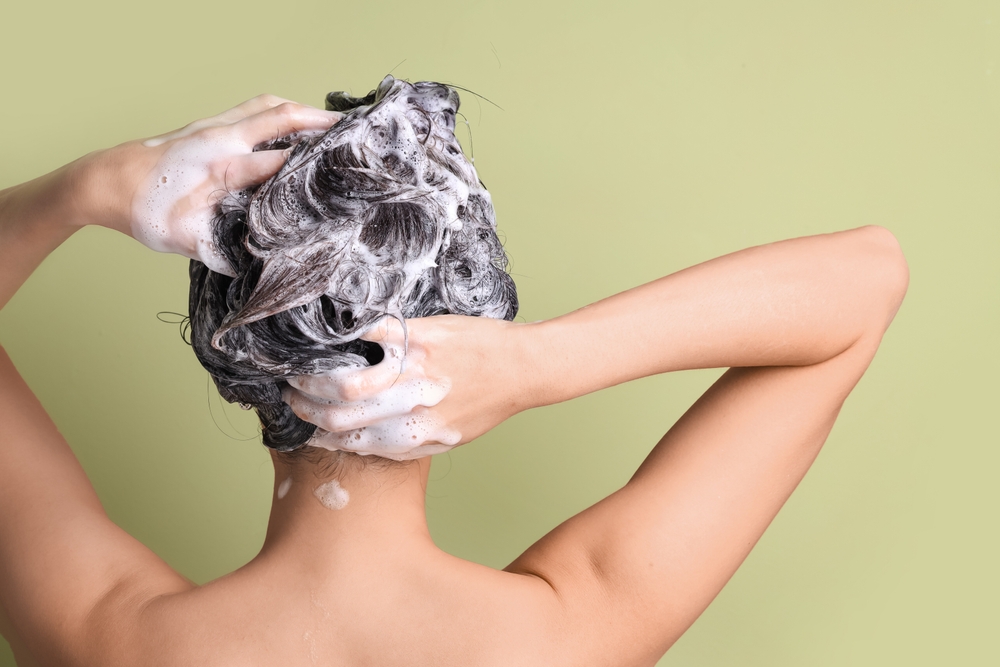
Washing your hair every day is often seen as a necessary part of maintaining clean, healthy hair, but it’s actually not recommended for most people. Shampooing too frequently can strip the scalp of natural oils, leading to dryness, irritation, and even more oil production in response. Depending on your hair type, washing your hair two to three times a week is usually sufficient.
In fact, over-washing can cause your hair to become dry and brittle, especially for those with curly or dry hair types. It’s important to listen to your scalp and hair needs—some people may be able to go longer between washes, while others may need to wash more frequently. The key is to strike a balance and use products that are gentle on your hair and scalp.
9. Detox Teas Will Help You Lose Weight

Detox teas have become a popular trend in the wellness community, with many claiming they can help you lose weight and “cleanse” your body. However, these teas typically contain laxatives or diuretics, which may cause temporary water weight loss, but they do not lead to long-term fat loss. The body already has natural detoxification processes through the liver and kidneys, so these teas aren’t necessary for detoxing.
Moreover, relying on detox teas for weight loss can be harmful to your digestive system, leading to dehydration, electrolyte imbalances, and gut irritation. If you want to lose weight, the healthiest way is through a balanced diet and regular exercise. Avoid quick-fix solutions like detox teas and focus on sustainable lifestyle changes for lasting results.
10. You Can Target Fat Loss in Specific Areas

Many people believe in the concept of “spot reduction”—the idea that you can target fat loss in specific areas of your body through exercises like crunches or leg lifts. Unfortunately, this is a myth. Fat loss occurs uniformly across the body, not in specific areas. No amount of ab exercises will reduce belly fat if your overall body fat percentage remains high.
To lose fat in specific areas, you need to lower your overall body fat through a combination of diet, cardiovascular exercise, and strength training. Spot reduction simply doesn’t work because fat loss is determined by genetics and overall calorie burn, not by isolating muscle groups. Focus on full-body fitness rather than trying to target fat loss in one area.
11. You Should Avoid All Oils for Oily Skin
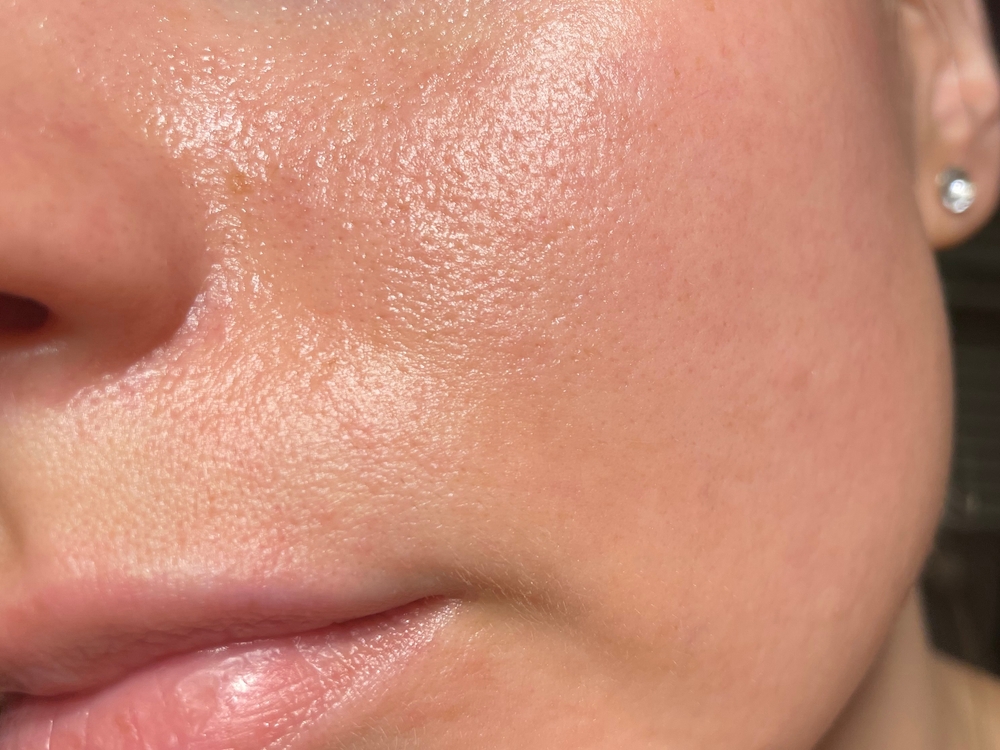
It may seem counterintuitive, but avoiding all oils is not the best solution for oily skin. Certain oils can help balance oil production and improve the skin’s overall health. Oils like jojoba and tea tree oil can help regulate sebum production without clogging pores, which is essential for maintaining healthy skin.
Using oil-free skincare products might seem like the solution, but they can sometimes strip the skin of essential moisture, leading it to produce even more oil. The key to managing oily skin is finding the right balance—look for non-comedogenic oils and products that hydrate and balance oil production. Not all oils are created equal, so don’t be afraid to include the right ones in your skincare routine.
12. You Should Exfoliate Daily
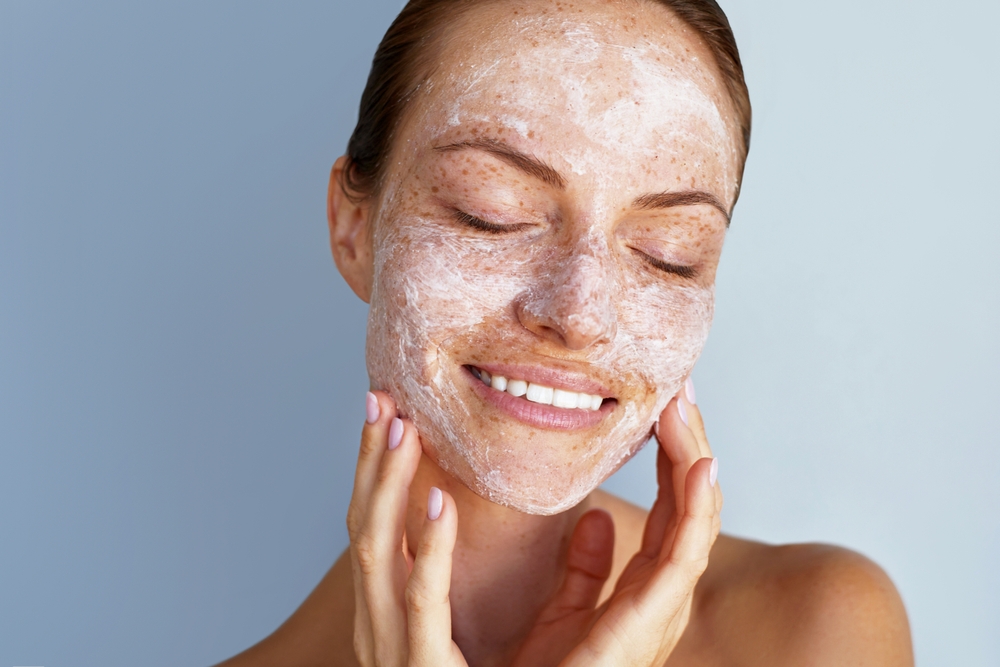
Exfoliating is a great way to remove dead skin cells and promote a fresh, glowing complexion, but daily exfoliation is unnecessary and can even be harmful. Over-exfoliating can lead to irritation, dryness, and even increased sensitivity to the sun. Exfoliating two to three times a week is generally enough for most skin types.
Exfoliation helps to remove buildup and clear pores, but it’s important to give your skin time to regenerate. Using harsh exfoliants too often can disrupt the skin’s natural barrier, making it more vulnerable to damage. Opt for gentle exfoliants with mild acids like AHA or BHA and avoid excessive scrubbing to keep your skin smooth and healthy.
13. You Can Get Rid of Stretch Marks
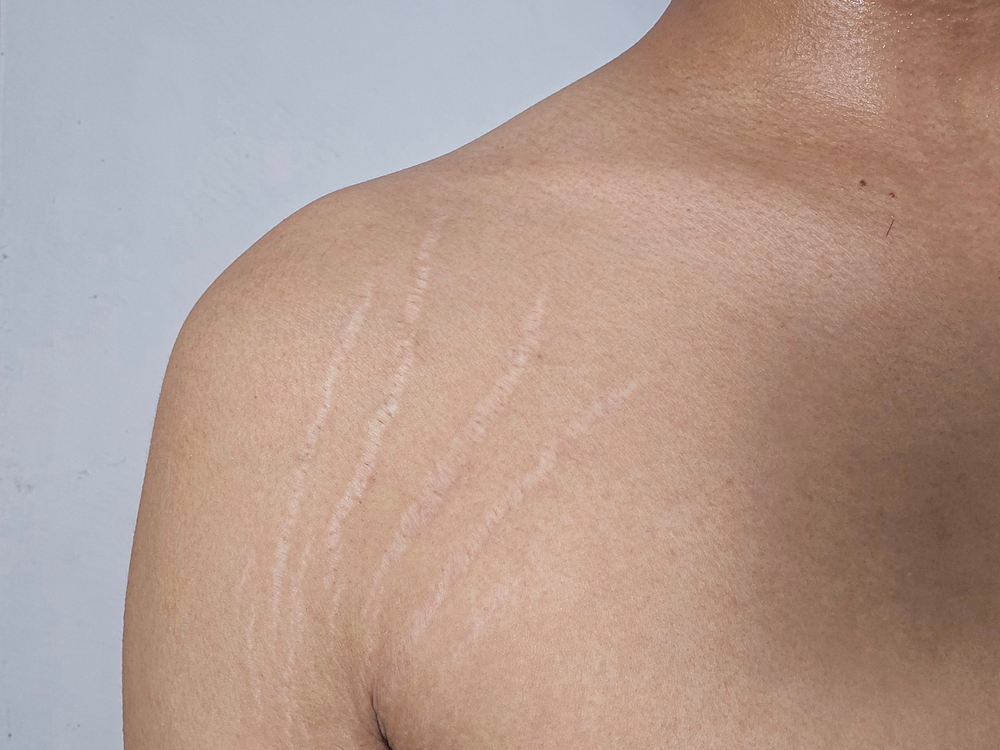
Stretch marks are a natural part of life, often occurring during pregnancy, puberty, or weight fluctuations. While many creams and treatments claim to erase stretch marks, there’s no permanent solution to completely remove them. Treatments like retinoids and laser therapy may help reduce their appearance, but they won’t eliminate them.
Stretch marks are a result of the skin’s collagen being stretched too quickly, and once they’ve formed, they can fade over time but won’t disappear completely. The best approach is to embrace them as a natural part of your body’s changes. Focus on keeping your skin moisturized and healthy to minimize the appearance of stretch marks, rather than trying to completely get rid of them.
Natasha is a seasoned lifestyle journalist and editor based in New York City. Originally from Sydney, during a stellar two-decade career, she has reported on the latest lifestyle news and trends for major media brands including Elle and Grazia.


